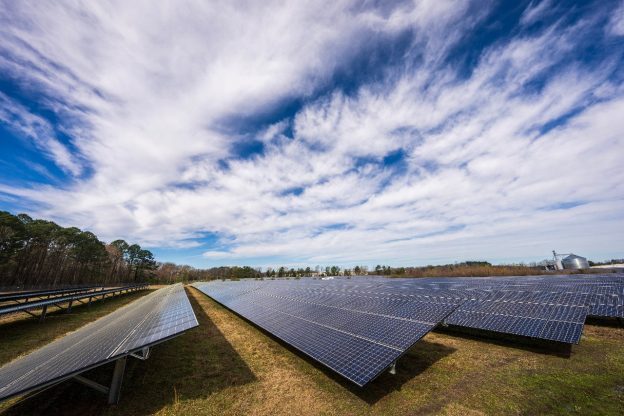The question of energy has been a particularly knotty one to address in all of the climate puzzles. While a shift is certainly needed from fossil fuels to renewables, optimising resource utilisation is a crucial pillar to reduce strain on available resources.
At Rainmatter, we aim to take a systemic and holistic approach to understand this, and move towards solutions. We move beyond individual technologies and projects to delve into the critical ecosystem partnerships Rainmatter fosters, collaborating with organisations like Zodhya, Solar Square, and Sunday Grids, as well as academic think tanks, to understand and address efficiency across all levels, from optimising resource usage to empowering communities through decentralised solutions.
Supply-Side Challenges and Solutions:
Addressing the challenges on the supply side, especially the extraction of natural resources and concerns around end-of-life scenarios for renewable energy solutions, prompts interesting discussions on transitioning to sustainable solutions. We wonder what happens to solar panels after their use case is over. (Read: Solar Panels Are Starting to Die, Leaving Behind Toxic Trash , The Afterlife of Solar Panels) The availability of minerals for a complete transition and the government’s awareness of these challenges are focal points to consider as well. Can we even do a full renewable energy transition? These gaps shed light on the opportunities for entrepreneurs and organisations to fill.
Integrating Innovative Approaches:
Solar Square and Sunday Grids are two partners in the Rainmatter network working in the energy landscape. Solar Square, dedicated to rooftop solar installations for individual houses, societies, and industries, is transforming how we harness solar power; while Sunday Grids disrupts the traditional solar model with “digital solar,” a subscription service that grants access to clean energy without rooftop installations. By connecting consumers to existing solar projects, they empower individuals to save on electricity bills, contribute to India’s green energy transition, and embrace sustainability without upfront costs or installation hassles.
Navigating the Transition:
Acknowledging that a full transition to alternative energy sources may not be immediate, strategic planning at different levels is important. Raising questions about resource availability, open-sourcing land usage data and addressing challenges in electricity grid management can lead to open communication and exploration. The success of the decentralised microgrid in Gumla is a testament to just transition.
In the conversation around energy, the socio-economic impact of transitioning from fossil fuels to alternative sources is also an important area to consider. Emphasising on just transitions, we need to be mindful of potential unemployment and tax losses for states. India’s transition to renewable energy requires addressing the employment concerns of over 2.15 crore individuals currently engaged in fossil fuel and related sectors to prevent social and economic distress. Rainmatter believes that a holistic and ecosystem-oriented approach is needed while planning for this transition and while understanding and addressing the complexities of this transition.
Demand-Side Interventions:
Demand-side interventions shine a much-needed light on a crucial blind spot: our lack of granular data on how energy is used across different sectors. As individual industry demands for energy vary, incentivizing and encouraging smarter energy practices is the need of the hour. Imagine buildings crafted with materials that innately minimise energy needs, reducing reliance on external sources and shrinking our collective footprint as this article explores.
This insight highlights a significant avenue for entrepreneurs, organisations, and industries to innovate and incorporate energy-smart practices into our daily lives. Consider the savvy choice made by builders who are steering clear of all-glass structures. Why? Well, these glass buildings trap heat, prompting increased reliance on air-conditioning to cool the space, consequently escalating electricity consumption. This revelation not only underscores the potential for innovative practices but also introduces game-changing solutions such as the offerings from Zodhya. By leveraging Zodhya’s tools, buildings can achieve a remarkable 30% reduction in both energy bills and carbon emissions, all without any upfront investment.
As we navigate the intricate pathways of energy change, one thing becomes abundantly clear: a singular focus on technology is not enough. A comprehensive approach that takes into account energy efficiency, decentralised solutions, and just transitions to create a movement of sustainable progress is required, and is being pushed through the Foundation. By fostering collaboration, igniting innovation, and empowering communities, we envision the path towards a future where energy serves not just as a resource but as a catalyst for a thriving planet and equitable societies.
By Rainmatter team member Kritagya Kriti

